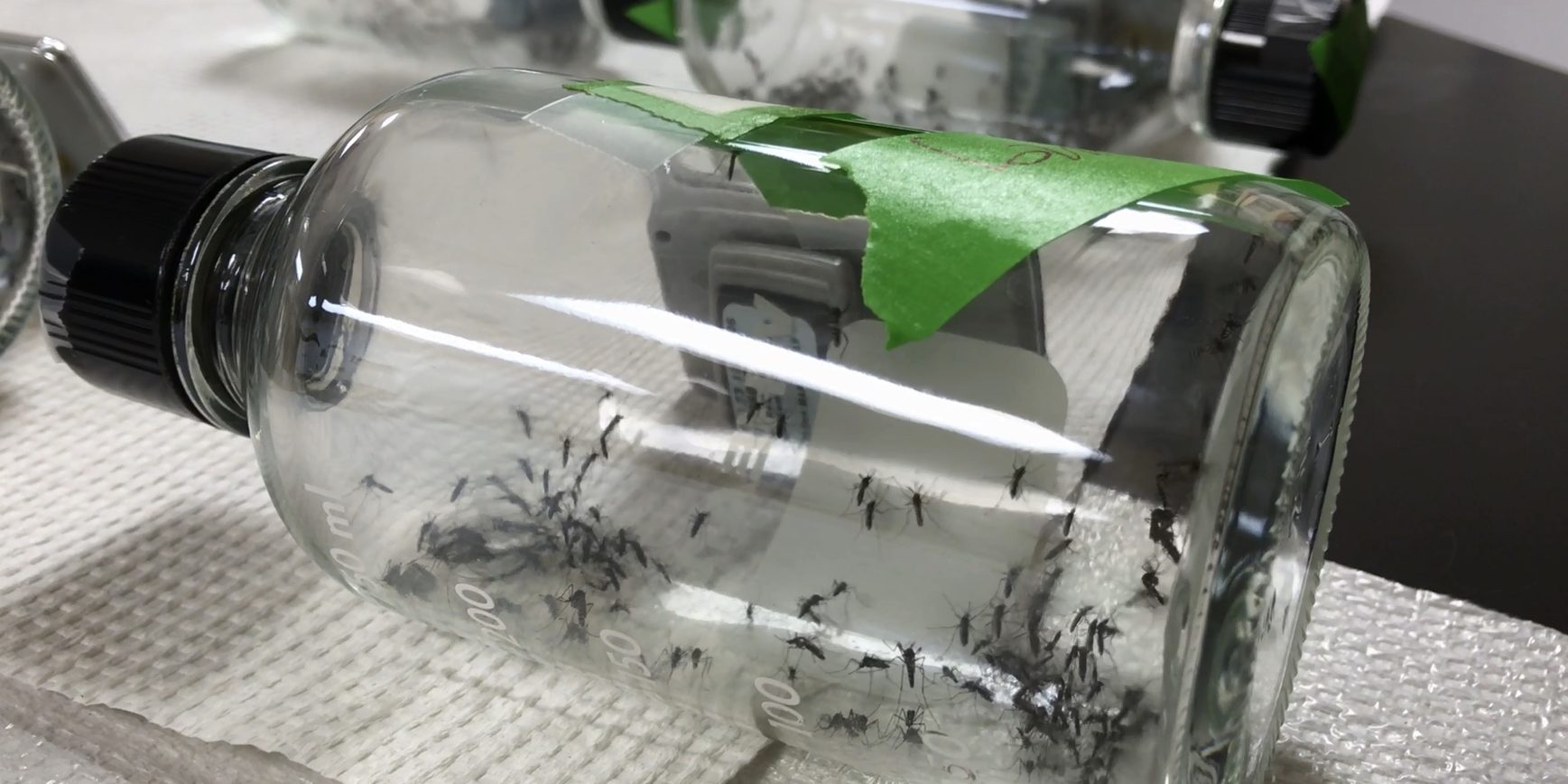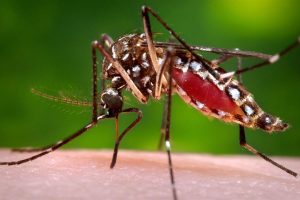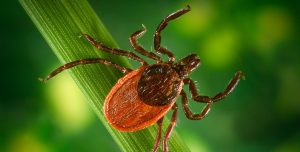Knecht H*, Richards SL, Balanay JG and White AV (2018). Impact of Mosquito Age and Insecticide Exposure on Susceptibility of Aedes albopictus (Diptera: Culicidae) to Infection with Zika Virus. Pathogens 7(3): 67. doi:10.3390/pathogens7030067.
Abstract
Zika virus (ZIKV) is primarily transmitted to humans by Aedes aegypti and Ae. albopictus. Vector–virus interactions influencing vector competence vary and depend on biological and environmental factors. A mosquito’s chronological age may impact its immune response against virus infection. Insecticides, source reduction, and/or public education are currently the best defense against mosquitoes that transmit ZIKV. This study assessed the effects of a mosquito’s chronological age at time of infection on its response to ZIKV infection. We exposed young (6–7 d post-emergence) and old (11–12 d post-emergence) Ae. albopictus to a sublethal dose of bifenthrin prior to oral exposure to blood meals containing ZIKV (7-day incubation period). Old mosquitoes experienced a significantly (p < 0.01) higher rate of mortality than young mosquitoes. Significantly higher ZIKV body titers (p < 0.01) were observed in the old control group compared to the young control group. Significantly higher (p < 0.01) ZIKV dissemination rates and leg titers (p < 0.01) were observed in old bifenthrin-exposed mosquitoes compared to old control mosquitoes or young bifenthrin-exposed or control mosquitoes. Hence, bifenthrin exposure may increase the potential for virus transmission; however, the degree of these impacts varies with mosquito age. Impacts of insecticides should be considered in risk assessments of potential vector populations.
The full article can be accessed at Pathogens.
*Heidi Knecht is 2018 graduate of our MS Environmental Health program, and a current doctoral student in the Doctor of Public Health (DrPH) [Environmental and Occupational Health (EOH) Concentration] Program.




